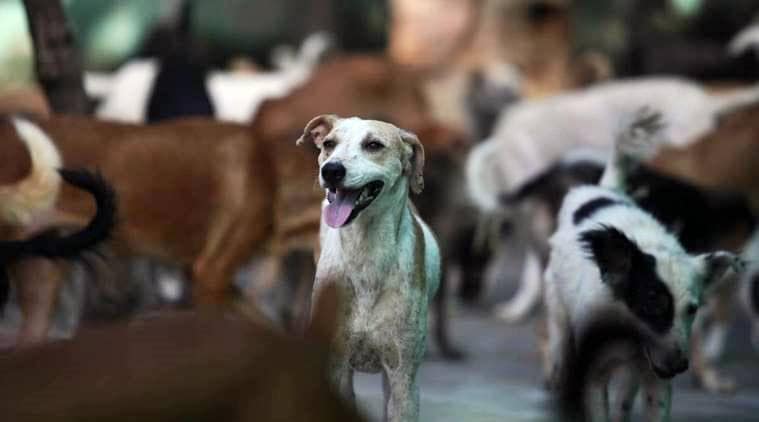 Dog feeders spend hours feeding stray dogs and looking after injured animals, spend their own money to carry out sterilisations, make provisions for a warm bed and coat in winters, or water bowls during the summers. (Representational)
Dog feeders spend hours feeding stray dogs and looking after injured animals, spend their own money to carry out sterilisations, make provisions for a warm bed and coat in winters, or water bowls during the summers. (Representational)
I am writing this to express my disappointment with the article, ‘Gone to the Dogs’ (IE, July 27). The Supreme Court in Animal Welfare Board of India vs. A. Nagaraja & Ors. (2014) underscored that animals have a right to life and the word “life” is to be given an expanded meaning, which includes all forms of life, including animal life. “Life” means more than mere survival or existence or an animal’s instrumental value to human beings — it is about dignity. One of the five internationally recognised freedoms for animals includes “freedom from hunger, thirst and malnutrition”. This is recognised in the country’s statute books: Sections 3 and 11 of The Prevention of Cruelty to Animals Act, 1960, draws from the Constitution’s Article 51A(g), which says it is the fundamental duty of every citizen “to have compassion for living creatures’, which means concern for suffering, sympathy, kindliness, etc…”.
The writer’s derisive references to “usual biscuit feeders”, “aggressive dog minders” and her criticism of dog feeders, who place food bowls to feed stray dogs, goes against the spirit of the apex court’s verdict and the Prevention of Cruelty to Animals Act. The Uttarakhand High Court in Narayan Dutt Bhatt vs. Union of India & Ors (2018) declared the entire animal kingdom as a legal entity with each animal having a distinct persona with corresponding rights, duties and liabilities of a living person.
The article seems to have boosted the confidence of several dog haters. Social media sites, Facebook and Whatsapp groups of RWAs, have been lauding the author’s opinion and promoting hatred and ideas to eliminate the stray animals. I, as a dog feeder, have been the target of attacks by an RWA group.
Dog feeders spend hours feeding stray dogs and looking after injured animals, spend their own money to carry out sterilisations, make provisions for a warm bed and coat in winters, or water bowls during the summers. It’s such acts that increase the trust of the animals in humans.
Is it the fault of the stray dogs that the municipal authorities do not regularly discharge their responsibilities of vaccinating or sterilising them? What is the fault of the stray dogs who got infected because of the irresponsible owner of the Great Dane who let his rabid pet dog outside, and did not vaccinate it? Who is really causing the “menace” here?
Cases of gruesome violence against animals, especially stray dogs, are not uncommon. In fact, some of them are acts of utter depravity — there have been quite a few reports of puppies being sexually assaulted, of firecrackers being tied to a dog’s tails, sick dogs are abandoned on roads and brutality is inflicted on the animals to make tik tok videos.
The Father Of The Nation very aptly said: “The greatness of a nation and its moral progress can be judged by the way its animals are treated.” Expecting that is perhaps naïve. But I can only hope that the readers of this paper are not left with this one-sided opinion on stray dogs and those who care for them. The freedoms of animals and our Fundamental Duties towards them have to be reiterated. The unfortunate living beings born on the road need to be cared for.
(The writer is a Delhi-based lawyer and an animal lover)